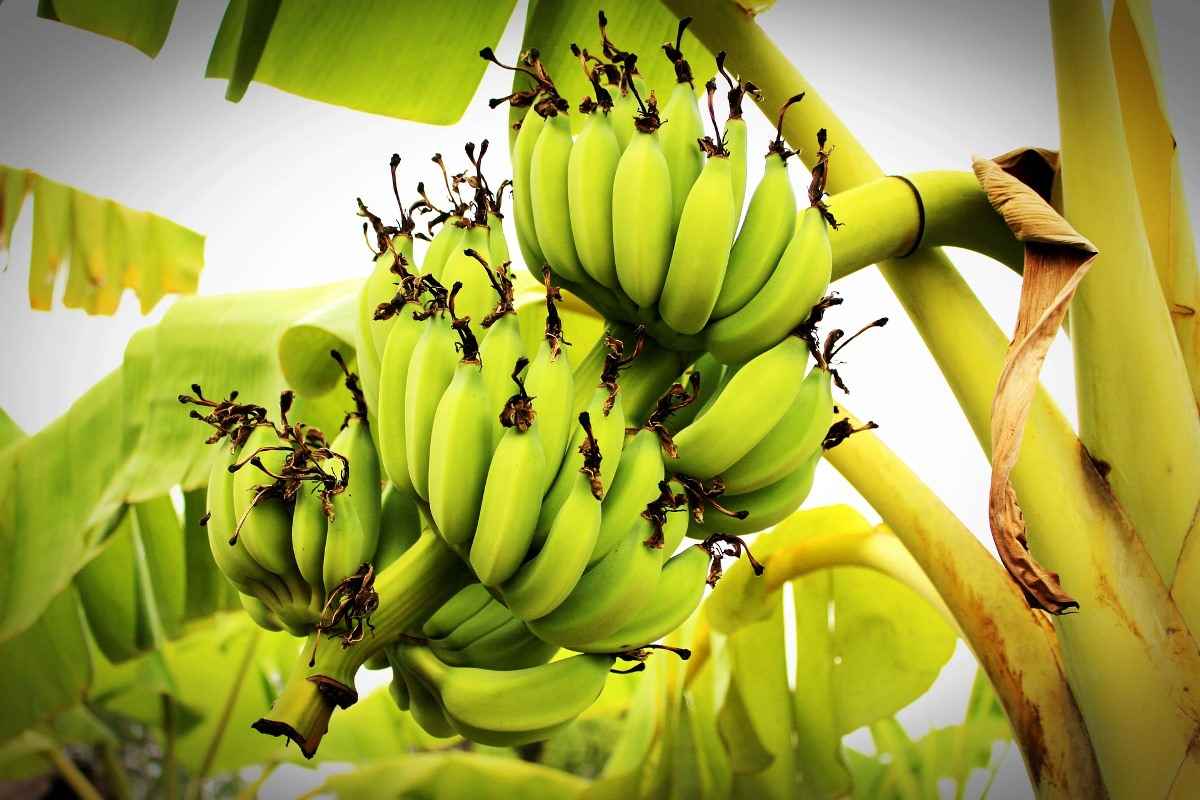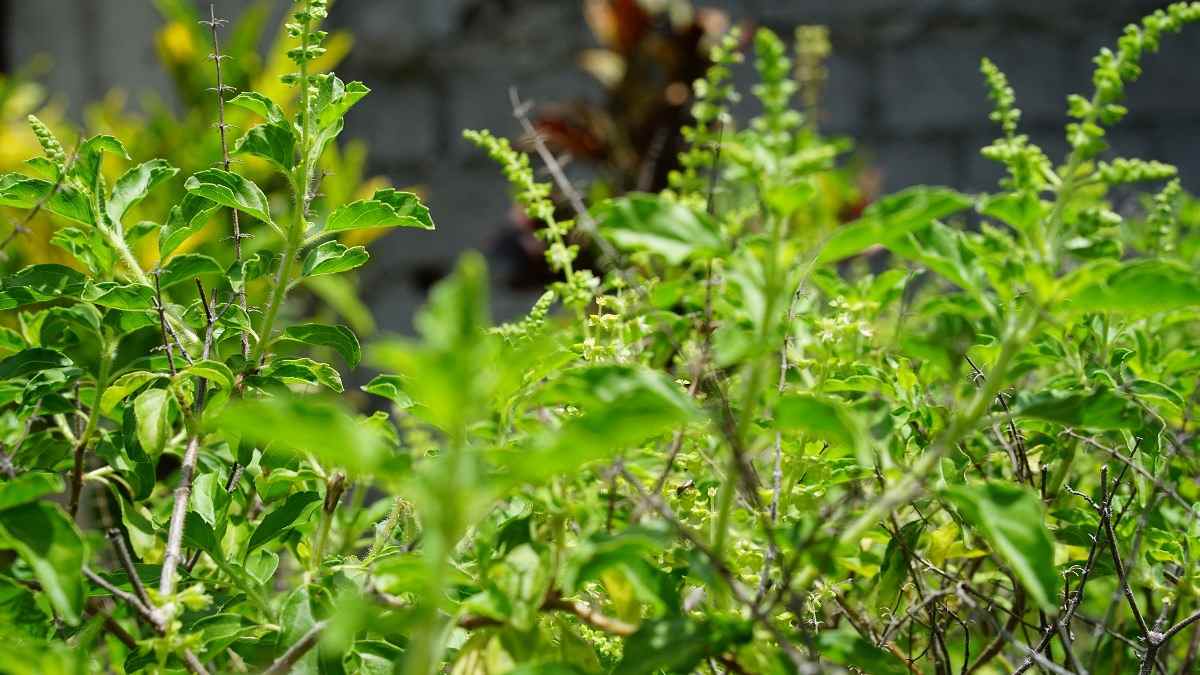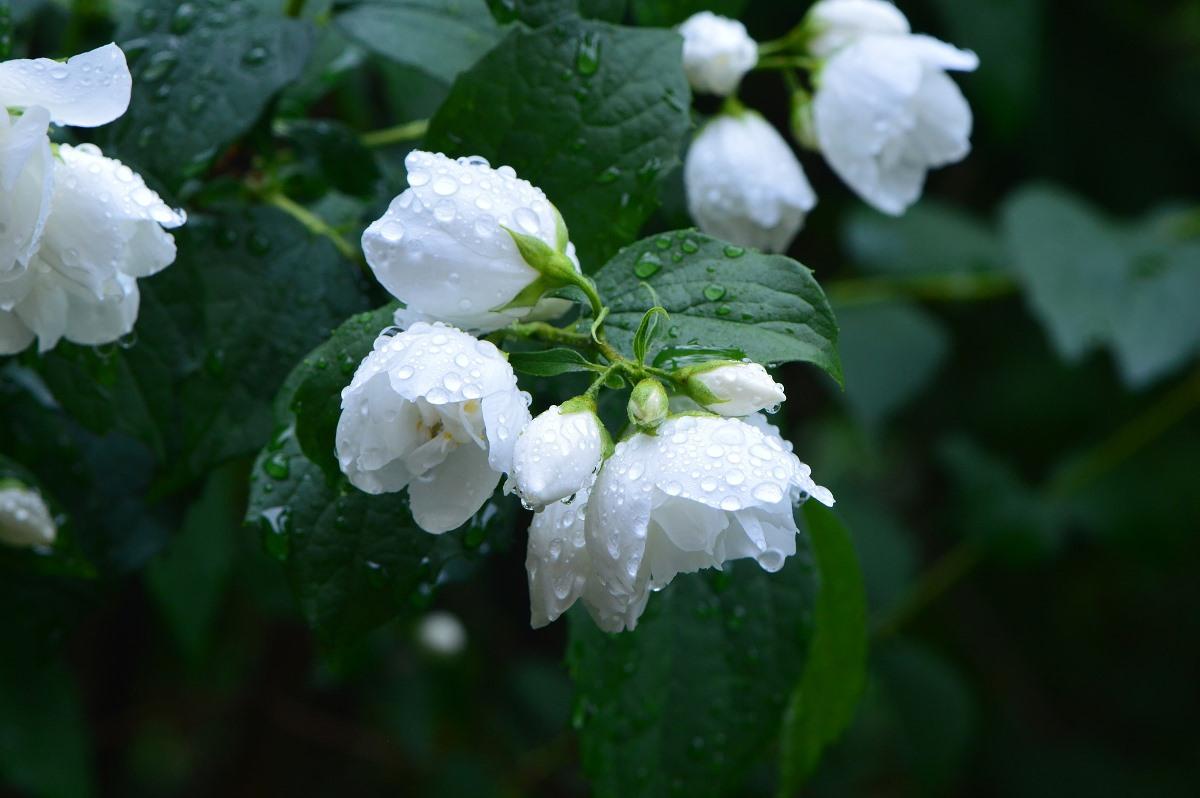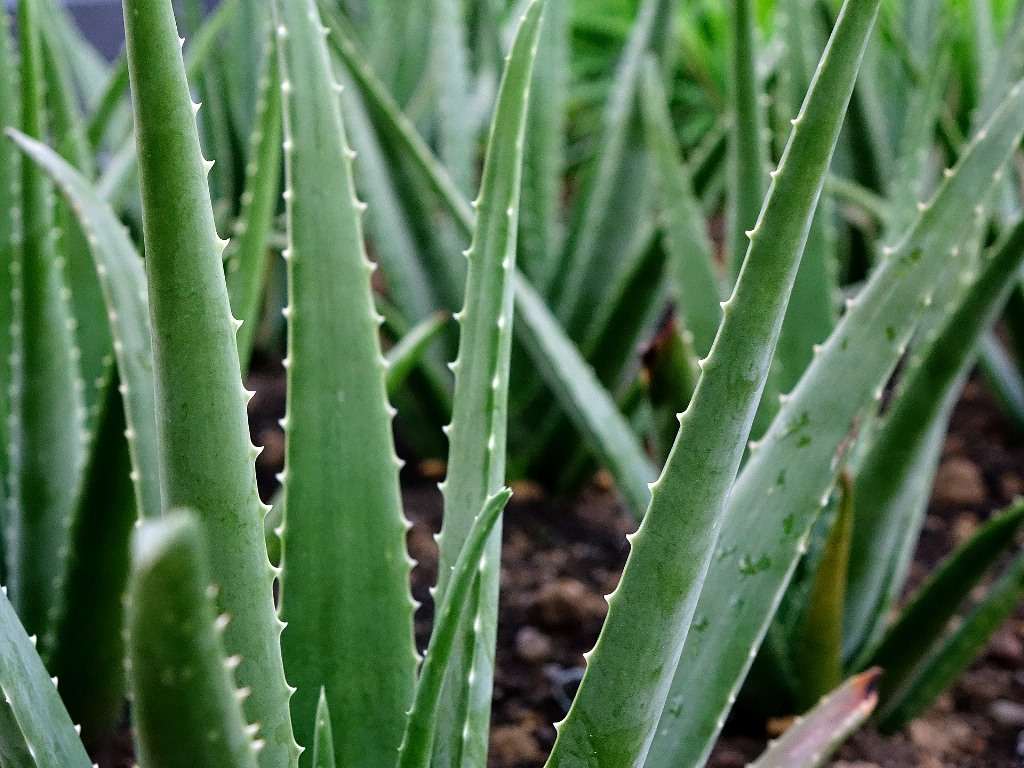Introduction to Vastu tips for garden plants
Planning and designing your garden as per Vastu Shastra can significantly alter your mood, and also ensuring health and prosperity. Well, planning to have a garden in the house is one thing but designing a home garden is a huge task. It takes proper planning and guidance with dealers to construct a garden and keep it clean and evergreen. Vastu Shastra comes up with certain rules for a garden in the house so that the house is full of serenity, prosperity, happiness, and positive energies.
A step by step guide to Vastu tips for garden plants and trees
Plants help detoxify the environment by absorbing carbon dioxide. Vastu Shastra recommends that the plants in your home need to be chosen with the utmost care and should be placed in the right direction. Vastu believes that house plants help to maintain the flow and balance of energy in a household. They can affect the health, prosperity, and fortune of the inhabitants. If the plants are not compliant with Vastu, they can be the harbingers of negative vibrations and bad luck. Therefore, it is important to study the Vastu properties of various plants before bringing them into your home.
According to Vastu, select the right plant to bloom at your home is equally important along with choosing the right direction where to place that plant. You can be surprised to know but some zodiac plants are lucky to keep at home as per your sun sign.
Vastu tips for placement of garden plants
Basil plant is considered very auspicious for the house. Many families even worship the plant as it is considered gods live in this plant. Vastu says to always keep basil or Tulsi plant within the limits of the house and water the plant every day.
Constructing a garden is one of the major tasks which require utmost care and thought. According to the principles stated in Vastu Shastra, gardens, lawns, and decorative plants must be planted in the east or north direction. If a person plans to install a waterfall, then the right direction of the fall is on the east or north direction, three to four feet above the ground. Avoid north-east and north-west corners.
The following are certain rules and regulations based on the direction while maintaining a garden or decorating room with plants.
North – According to Vastu Shastra, a garden in the North direction is highly auspicious with the Basil plant in the center. All the plants inside the house limits should not have thorns, except in the case of Rose. Only small plants or shrubs should be planted in the North direction. This corner should not have huge trees and rocks also painting with rocks should be avoided.
East – If there’s no space in the North direction, then this direction can be considered for kitchen gardening. It is advised that fruit-bearing plants are plotted in this direction. Plants that represent a family’s prosperity and wealth must be avoided in this direction like the Tulsi plant and Money plant.
West – If there’s ample space in the West direction of the house then utilize this space for planting big trees like mango, orange, and banana, etc. But, these trees should be at a distance from the home. This direction should be decorated with big rocks, ornamental statues or scriptures, etc.
South – This direction is advised against for gardening or kitchen gardening as per Vastu Shastra, as there should not be a flowing water source in this area. This space must be left open or decorate the area with hanging baskets with plants, like money plants; as you need to water they once in a day or two and it won’t require the flow of water.
Vastu tips for some garden plants
Vastu tips for the garden are as follows;
- According to Vastu, the garden should be made in East or North portion of the mansion while South-east and South-west must be neglected for any kind of plantation.
- Do not keep plants taller than 3 feet in the home garden area.
- Swings must be placed in East or North direction.
- Do not plant huge trees in the middle of the garden.
- Avoid thorny bushes in the garden arena and keep the garden free from dry creepers, and leaves etc to make it a comforting and relaxing place.
- Always add some centre of attraction in the garden like any idol, artistic creation with stone-like rock landscaping etc to make the environment peaceful.
- Fruitful trees must be planted in East direction and if there is a swimming pool it must face North or North-east.
Vastu tips for Money plants in the home garden
Money plants are known to bring wealth and also good luck to the house. The plants are best planted in the southeast direction of a home. Money plants are known to bring wealth and abundance to the house. These plants are best planted in the southeast direction of a home, according to Vastu Shastra. A tropical creeper, the Money plant is recognized by the lush green color of its heart-shaped leaves. Vastu Shastra says to place this wealth magnet on the right side or left side of the bed, but under no circumstances, it must be kept near the headrest and footrest. It could be positioned at the sharp corners of the bedroom to induce a stress-free aura in your favorite room in the house, and it is a well-known fact about money plant that is one of the best air purifying house plants.
Vastu tips for Rubber plants in the home garden
The round leaves of the rubber plant are symbolic of wealth and financial growth in Vastu. They can bring you a lot of commercial success and money when located in the correct zone of your house. They absorb a lot of toxins in the air of your indoors and act as a natural air purifier.
Vastu tips for Lucky Bamboo plants in the home garden
Bamboo plants are believed to bring good luck and also protect the inmates of the house against evil powers. It is ideal to be placed in the southeast. The bamboo must be placed in the east if you want to benefit from its health aspects. When placed in the southeast, the bamboo plant will help you gain prosperity as that is the direction of money and wealth.
The bamboo plant is Vastu Shastra’s little go-to friend to ward off any negative vibes in the room. This Bamboo plant represents the perfect balance of the universe. This plant is recognized by Feng Shui too to bring prosperity and good luck. It requires minimal care and must be placed in the southeast corner of the bedroom.
Snake plant
One of the indoor plants as per Vastu, Snake Plant is the beacon of positive energy; it can remove four major toxins that are responsible for sick building syndrome. The snake plant promotes the oxygen flow in the room, which in turn reduces stress and builds a healthy ambiance in the bedroom.
Vastu tips for Banana tree/plants in the home garden

The tender saplings of the banana tree are mainly used for decorations festivals as symbols of prosperity and wealth. Almost every part of the plant has some sort of medicinal or economic use. This is a must-have in your garden.
Vastu tips for Coconut Tree/plants in the home garden
Coconut trees are considered to be good for health as they brighten up their surroundings. They ensure positive support and good to be planted in the garden.
Vastu tips for Mango plants/tree in the home garden
Most parts of the mango tree have medicinal value and its leaves are used as a pesticide, and its twigs are used for brushing teeth. Mango tree leaves are used for puja purposes. It is considered auspicious if the dead are cremated using mango tree fire-wood. Then, of course, mango fruit is the king among fruits and tasty. Mango trees have a very long life and can survive for 400-500 years. This is a very useful tree to have in your garden.
Vastu tips for Tulsi or Basil plants in the home garden

The basil plant is considered to be pure and auspicious, according to Vastu. This plant has strong spiritual energy, thereby emitting positivity. It must be planted in the east or northeast direction. The Tulsi plant leaves can emanate oxygen throughout the day and night, which makes it a useful addition to the household. Also, the Tulsi plant holds a special place in Hindu mythology and is often worshipped by the women of the household.
Vastu tip s for Neem plants/trees at home
Neem tree has great medicinal value and its extract is used in pesticides. Neem leaves are very bitter, a mixture of Neem leaves, tender green Mango, and Jaggery is eaten on Ugadi or the new year in South India, as a symbolic gesture, that one is prepared to face the sweet, sour, and bitter experiences of the coming year with equanimity. So, this is a good tree to have in a house garden.
Lily plant
A fragrant plant loved by millions is also appreciated by Vastu Shastra which says that Lily plant is a symbol of happiness, peace, and harmony. Placing it in the bedroom could make you sleep like a baby keeping nightmares and bad dreams at bay.
Vastu tips for Jasmine plants in the home garden
You may also check this: Organic Cucumber Farming In Greenhouse.

Jasmine plants are known to reduce anxiety, and their sweet aroma ushers in peace and tranquillity, especially during the summer season. The sheer, heart captivating fragrance of Jasmine florals is not a secret, but apart from keeping the bedroom filled with a pleasing smell, it is one of the Vastu plants for a home that could help you to get a good night’s sleep. They do not need tight upkeep and can easily live in a pot. According to Vastu, they must be placed on the window sill for maximum effect.
Vastu tips for Peony plants
The peony plant brings with it positivity. The plant helps to mend broken relationships and this plant should be placed in the southwest region of the home. Peony is a beautiful and bright flower. People who wish to find love should plant peonies in the south-west direction of the house or decorate this south-west region of the house with peonies.
Vastu tips for Aloe Vera planrs in the home garden
Celebrated for its anti-inflammatory properties, Aloe Vera plant is a much-loved powerful plant that is also able to heal. Also, it helps remove harmful chemicals from the air and can help reduce anxiety.

Peace Lily
The Vastu Shastra says to keep this Peace Lily near the window of the bedroom from where it can incite peace, tranquillity and good luck.
Where the trees should be planted in the plot according to Vastu Shastra?
Smaller shrubs- may be planted on the East or North sides, but no trees must be planted in the North-East corner as they block the useful morning sun rays.
Tall trees- like Maple and Coconut trees can be planted in the South-West but should not be too close to a building as they block the sunlight completely. A tree must be planted such that its shadow should not fall on the house, at least between 9.A.M to 3 P.M.
Large trees- like Peepal, Banyan should not be located too near the house as plant roots can damage the foundation and compound wall. The large trees absorb most of the sunlight, meaning these positive rays will not be received by the building.
Good trees- that can be planted in a house compound are useful trees like coconut, neem, betel, sandalwood, lemon, pineapple, jackfruit, pomegranate, mango, and amla.
Things to avoid in Gardening
- Avoid Thorny plants such as cactus as they are harmful, weaken relationships, and bring tensions.
- Try to avoid the bonsai plant as it is a short plant and encourages stunted growth.
- Plants and trees that are milk bearing, say goodbye to them.
- Never plant the Neem tree in the house premises and keep the tree at least 60 meters away from the house.
- Remove dry leaves, creepers, and overgrown shrubs regularly.
- Banyan and fig must be planted in temples.
In case if you like Organic Fertilziers For Rose Plants To Boost Flowering.
Great job on your blog post! The content was informative, and I appreciated the practical examples you provided.